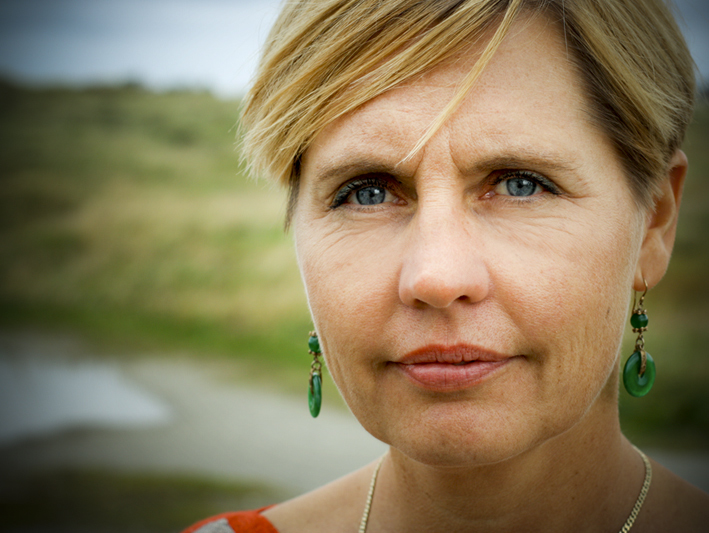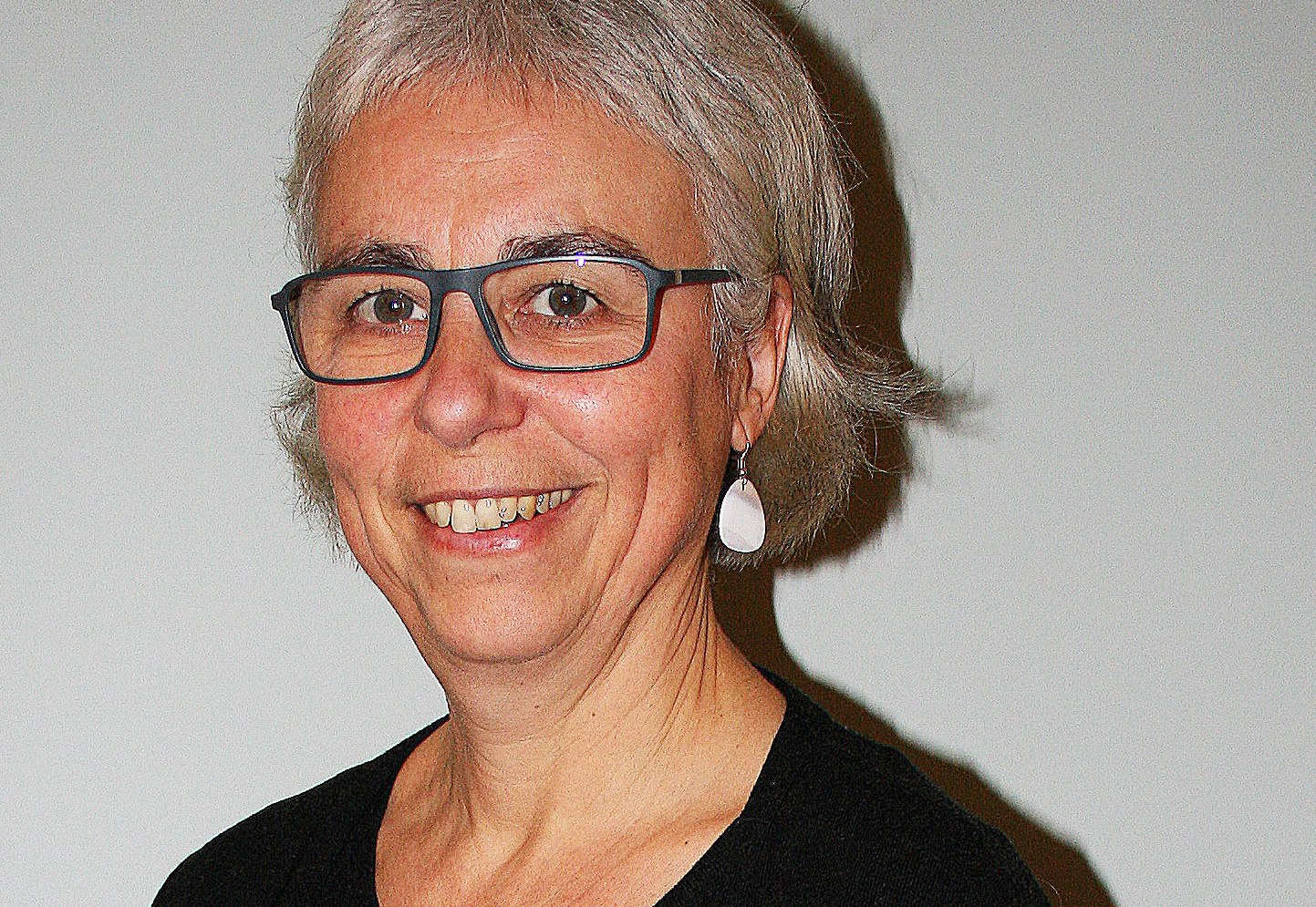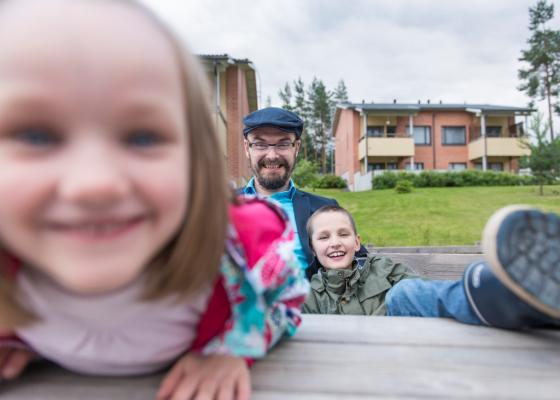On a mission to solve the Nordic gender paradox
Two new research centres will try to find the solution to the gender imbalance in Nordic academia.
“The two centres we selected for funding stood out from the competition. We are looking forward to following their work, and are very pleased to be able to fund these two centres in particular,” says Marianne Røgeberg of NordForsk.
The research centres she is referring to are the recently announced recipients of the NordForsk allocation totalling NOK 41.8 million – funding that was announced in December 2015 in a call for proposals entitled “Solving the Gender Paradox”. The gender paradox is the Nordic countries’ mediocre standing in an international context with regard to gender balance in research and innovation – despite the fact that these countries get high scores in many other areas of gender equality.
After a thorough evaluation, the committee selected two applicants that will share the funding: One is NORDICORE at the Institute for Social Research, headed by Mari Teigen and Liza Reizel, which has been granted NOK 21.8 million. The other recipient is “Beyond the Gender Paradox: Women’s Careers in Technology-Driven Research and Innovation In and Outside of Academe”, headed by Gabriele Griffin of Uppsala University, which has been awarded NOK 20 million. The projects will last five years.
Expects good answers from the new centres
“A lot of research has already been conducted on gender imbalance in academia and research. What is special about this initiative from NordForsk?”
“In the funding announcement, we specifically requested action-oriented research that can help to find concrete solutions to the problems,” says Røgeberg.
“The objective is to go from policy to action and produce knowledge that can be used in policy development and contribute to noticeable change. There are many good studies that analyse and identify the challenges, and of course this is also very important,” she continues.
“But with these centres we want to take a step further towards genuine change. This is why applied research and an action orientation in particular were given special weight when the applications were assessed.”
Mari Teigen of the Institute for Social Research is pleased about the award, and thinks the new centre she will lead can contribute valuable perspectives.

“Academia is nothing out of the ordinary”
“It’s wonderful to receive this funding, and the main concept of our project is to use our current knowledge of gender distribution in the labour market in general and apply these perspectives to gender in academia research,” explains Teigen, who is the director of the Centre for Research on Gender Equality (CORE), which conducts numerous studies on gender equality challenges in working life.
The Nordic Centre of Excellence, NORDICORE, will be an initiative under CORE.
“There has been a great deal of research on gender balance in academia for many years now, and a lot of exciting things have happened in the field. But we think it will also be interesting to challenge the field a little bit – by not viewing academia as a unique, distinct area for gender bias, but rather by drawing on insights from the entirety of research on gender in organizations and working life,” says Teigen.
“In general, we have far too little systematic knowledge about the measures that work and those that don’t. By the same token, we have acquired a lot of knowledge through the years on various topics – for example, how the family establishment phase of life often corresponds with critical periods in the career cycle, which has different consequences for women and men,” says the project leader.
“We think that we can better understand the general and particular aspects of academic careers by drawing on knowledge from multiple areas of working life – especially for developing strategies that promote the kind of progress on gender equality that we want to see.”
According to Røgeberg, one of the main reasons that the NORDICORE project won a share of the funding is their expertise in working life as a whole.
“The panel and the referees who assessed the applications gave particular weight to NORDICORE’s focus on working life, as well as to the global perspectives and the expertise they have on other countries and other welfare systems outside the Nordic region. We think this approach has great potential for generating new knowledge.”
The Nordic region at the forefront of technology
The other recipient of the NordForsk allocation will look more closely at a field that remains highly male dominated, but which more and more women are entering: technology-based research and innovation both within and outside academia.
“We will study how changes in the technology field – both in the research sector and elsewhere in the labour market – affect women’s career development,” says Gabriele Griffin, who is a professor of gender studies at Uppsala University and the project leader for the recently funded Nordic Centre of Excellence “Beyond the Gender Paradox”.
The centre cooperates with researchers from the University of Tampere in Finland and Vestlandsforskning, a Norwegian research institute, and will study women’s career opportunities in new fields of the labour market, such as e-health and the “digital humanities” – research and innovation carried out at the interface between technology, IT and the humanities.
“There is currently little knowledge about gender and gender balance in these fields,” says Griffin.
“But the Nordic countries are at the forefront when it comes to creating jobs in both e-health and the gaming industry, for example, which is a part of the digital humanities. This is what we will study, and we will examine both academia and the labour market outside of academia,” explains the professor.
“It’s a very exciting project, and we are looking forward to presenting our findings when that time comes.”

High expectations
Marianne Røgeberg says that “Beyond the Gender Paradox” convinced the committee partly because of their focus on the new, relatively unstudied fields.
“It’s very interesting to look more closely at the role of women in these labour markets which traditionally have been very male dominated, but which are undergoing enormous changes. What is the role of women in these processes? How do they position themselves? In addition, the research group will apply a broad perspective and also study the effect of digitalization and technologization in traditionally female-dominated labour and research areas, which is also very interesting,” says Røgeberg.
“We also thought that this project supplements NORDICORE very well with regard to thematic area: technologization, innovation and interdisciplinary fields such as the digital humanities,” she adds.
Røgeberg says there are high expectations for the two new centres:
“We have high expectations for how these two centres can contribute to knowledge development and provide a new basis for concrete measures, and we are very pleased that we received so many strong applications. All of the applications were good, but these two were exceptional. We are happy that we could fund both of them.”
Funding for the two research centres will be distributed over a five-year period. Both centres presented their projects and future work at the Gender Summit in Brussels on 8–9 November 2016.
Translated by Connie Stultz.

